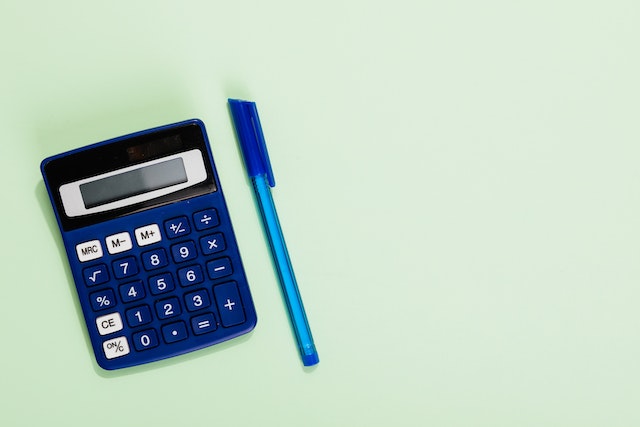Forensic accounting is a specialized area of accounting that involves the use of accounting, auditing, and investigative skills to uncover financial discrepancies and fraud. Forensic accountants are trained to detect financial fraud and misconduct, and to provide expert testimony in legal proceedings.
The Role of Forensic Accountants
Forensic accountants play a critical role in detecting financial fraud and misconduct. Their services are called upon in a variety of legal matters, including litigation, criminal investigations, and regulatory compliance. They work with attorneys, law enforcement agencies, and other professionals to investigate and analyze financial data.
In recent years, instances of financial fraud have become more prevalent, with high-profile cases such as the Enron scandal and the Bernie Madoff Ponzi scheme making headlines around the world. As a result, there is a growing need for forensic accountants who can investigate and uncover financial fraud and misconduct. With the rise of technology and the increasing complexity of financial transactions, it is becoming more difficult to detect and prevent financial fraud. Forensic accountants play a critical role in identifying financial fraud and misconduct, and in ensuring that individuals and organizations are held accountable for their actions.
Forensic accountants may be called upon to investigate financial fraud in a wide range of industries, including healthcare, construction, real estate, and financial services. They may also work with government agencies, such as the Securities & Exchange Board of India (SEBI), to investigate financial crimes.
There are several common types of financial fraud that forensic accountants may help to detect. These include:
- Asset Misappropriation: This occurs when an employee steals or misuses an organization’s assets, such as money or inventory.
- Financial Statement Fraud: This involves the deliberate manipulation or misrepresentation of financial statements to deceive investors, creditors, or other stakeholders.
- Bribery and Corruption: This occurs when an individual or organization uses money or other incentives to influence the behavior of others, such as government officials or business partners.
- Money Laundering: Money Laundering involves the concealment of the proceeds of criminal activities to make them appear legitimate.
- Ponzi Schemes: This is a type of investment fraud in which returns are paid to earlier investors using the capital of newer investors, rather than from actual profits.
Skills and Tools Used by Forensic Accountants
Forensic accountants employ a range of tools and skills to uncover financial discrepancies and fraud. Some of these include:
- Accounting and Auditing Skills: Forensic accountants are trained in accounting principles, financial analysis, and auditing techniques. They use this knowledge to review financial statements, transactions, and other financial documents to identify any discrepancies or irregularities.
- Investigative Skills: Forensic accountants use investigative skills to gather information, conduct interviews, and uncover evidence of financial fraud. They may also use surveillance and other techniques to gather evidence.
- Data Analytics: Forensic accountants use data analytics tools to analyze financial data and identify patterns that may indicate fraud or other financial irregularities.
- Legal Knowledge: Forensic accountants must have a solid understanding of legal concepts and procedures, as they may be required to provide expert testimony in court or other legal proceedings.
- Communication Skills: Forensic accountants must be able to communicate complex financial information in a clear and concise manner, both in writing and in verbal presentations.
The Process of Forensic Accounting
The process of forensic accounting typically involves several steps:
- Planning: Forensic accountants begin by planning the investigation, identifying the scope of the investigation and the key areas of focus.
- Data Collection: Forensic accountants collect data and financial records related to the investigation, including financial statements, bank records, and other financial documents.
- Analysis: Forensic accountants analyze the financial data and records to identify any discrepancies or irregularities.
- Report Preparation: Forensic accountants prepare a report summarizing their findings, including any evidence of fraud or financial misconduct.
- Expert Testimony: Forensic accountants may be called upon to provide expert testimony in legal proceedings, presenting their findings and conclusions to the court.
The Importance of Forensic Accounting
Forensic accounting plays an important role in identifying financial fraud and misconduct, and in holding individuals and organizations accountable for their actions. By detecting and preventing financial fraud, forensic accountants help protect the integrity of financial markets and ensure that individuals and organizations are held responsible for their actions.
Conclusion
Forensic accounting is a critical field that helps uncover financial fraud and misconduct. Forensic accountants use a range of tools and skills to investigate financial discrepancies and provide expert testimony in legal proceedings. By detecting and preventing financial fraud, forensic accountants help protect the integrity of financial markets and ensure that individuals and organizations are held accountable for their actions.

